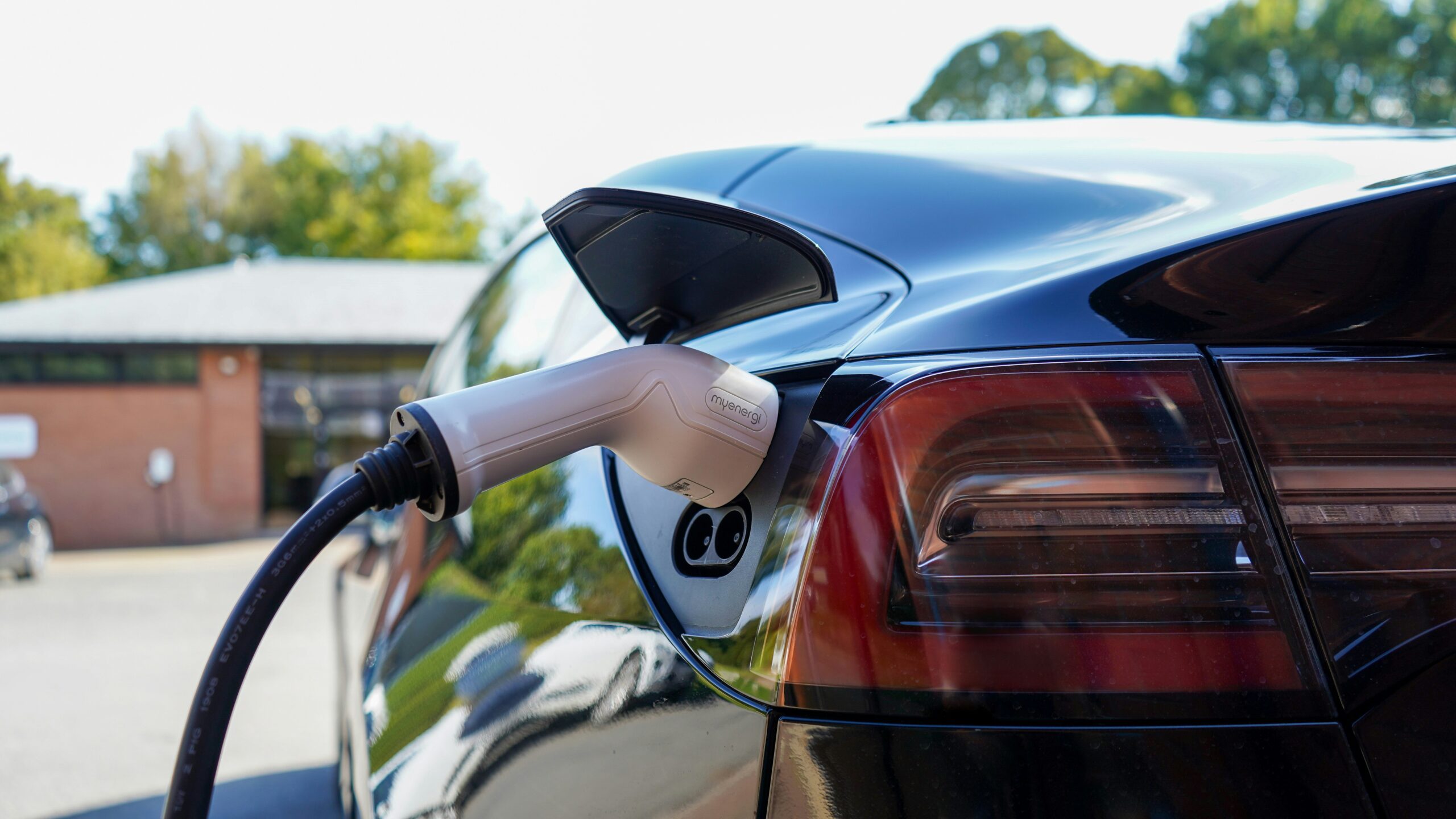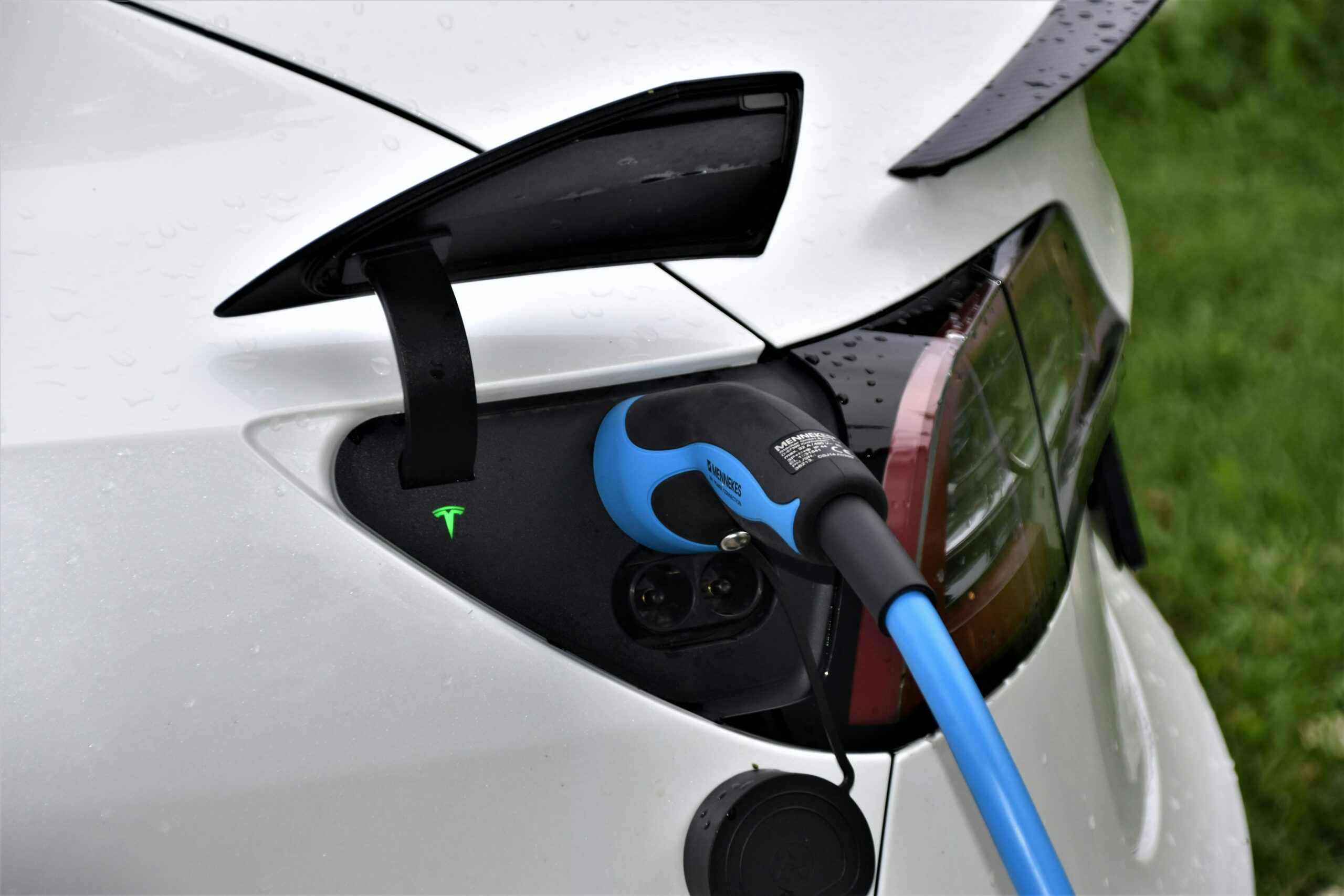Electric vehicle (EV) owners hit with £22.3m double whammy from April 1st, as new car tax rules and higher charging bills take effect. These changes are estimated to collectively cost EV drivers an additional £22.3 million per month, marking a significant shift in the cost of owning and operating electric cars.

New Car Tax Rules and Higher Charging Bills
The introduction of Vehicle Excise Duty (VED) for EVs is a major change. Previously exempt from car tax to encourage adoption, EVs will now be subject to the same standard annual rate of £195 as petrol and diesel vehicles. For new EVs purchased after April 1st, a £10 first-year “showroom tax” will also apply.
Additionally, according to This Is Money, EVs costing over £40,000 will incur a £425 annual “expensive car supplement” for five years. These measures are part of the government’s broader strategy to align EV taxation with traditional vehicles, but critics argue that they could deter potential buyers at a critical time for EV adoption.
On top of the new tax rules, EV owners are also grappling with higher charging costs due to Ofgem’s energy price cap hike. The cap has risen by 6.4%, increasing the average household energy bill to £1,849 per year. For EV owners who charge their vehicles at home, this translates to an average cost increase of £1.30 per full charge for a 60kWh battery. According to Regit, Monthly home charging costs are expected to rise by £2.84 million nationwide, bringing the total to £35 million. With new car tax rules and higher charging bills, it’s a lot to take in.
The combined impact of these changes has sparked concerns among industry experts and green campaigners. Chris Rosamund, current affairs editor at Auto Express, warned that the rising costs could slow EV adoption, particularly among private buyers who are already hesitant due to high upfront costs and infrastructure challenges. Critics argue that the government should be supporting drivers in making the switch to EVs, rather than imposing additional financial burdens, says Regit.

Considerations
Despite the challenges, home charging remains significantly cheaper than public charging. According to the AA’s February Recharge Report, home charging costs approximately 5.65p per mile, compared to 11.69p per mile for public charging. This cost advantage underscores the importance of expanding home charging infrastructure to support EV owners.
The financial pressures on EV owners highlight the need for a balanced approach to promoting sustainable mobility. While the transition to EVs is essential for reducing emissions and combating climate change, policymakers must ensure that the journey is accessible and affordable for all drivers. As the UK moves towards its 2030 ban on new petrol and diesel car sales, addressing these challenges will be crucial for achieving widespread EV adoption. How well will these new car tax rules and higher charging bills go down? Only time will tell.
In the meantime, EV owners are left to navigate the rising costs and weigh the benefits of electric mobility against the financial realities, says This Is Money. The £22.3 million monthly increase serves as a stark reminder of the complexities involved in transitioning to a greener future.
If you’re thinking about selling your car and buying an EV, despite these new car tax rules and charging bills we can help you with that. You can get a quote for your car right here with our free online valuation tool and we’ll get back to you within seconds to let you know how much your car is worth. What are you waiting for? Grab yours today!
Jamjar.com makes selling your car quick, easy, and hassle-free. By comparing offers from a trusted network of UK car buyers, you get the best price without the stress of negotiating or haggling. There are no hidden fees, no obligation to sell, and the entire process is 100% online. Whether your car is nearly new or well-used, Jamjar helps you sell it fast and for a fair price—saving you time and effort.
SELL YOUR CAR HERE: https://www.jamjar.com/sell-my-car/








































